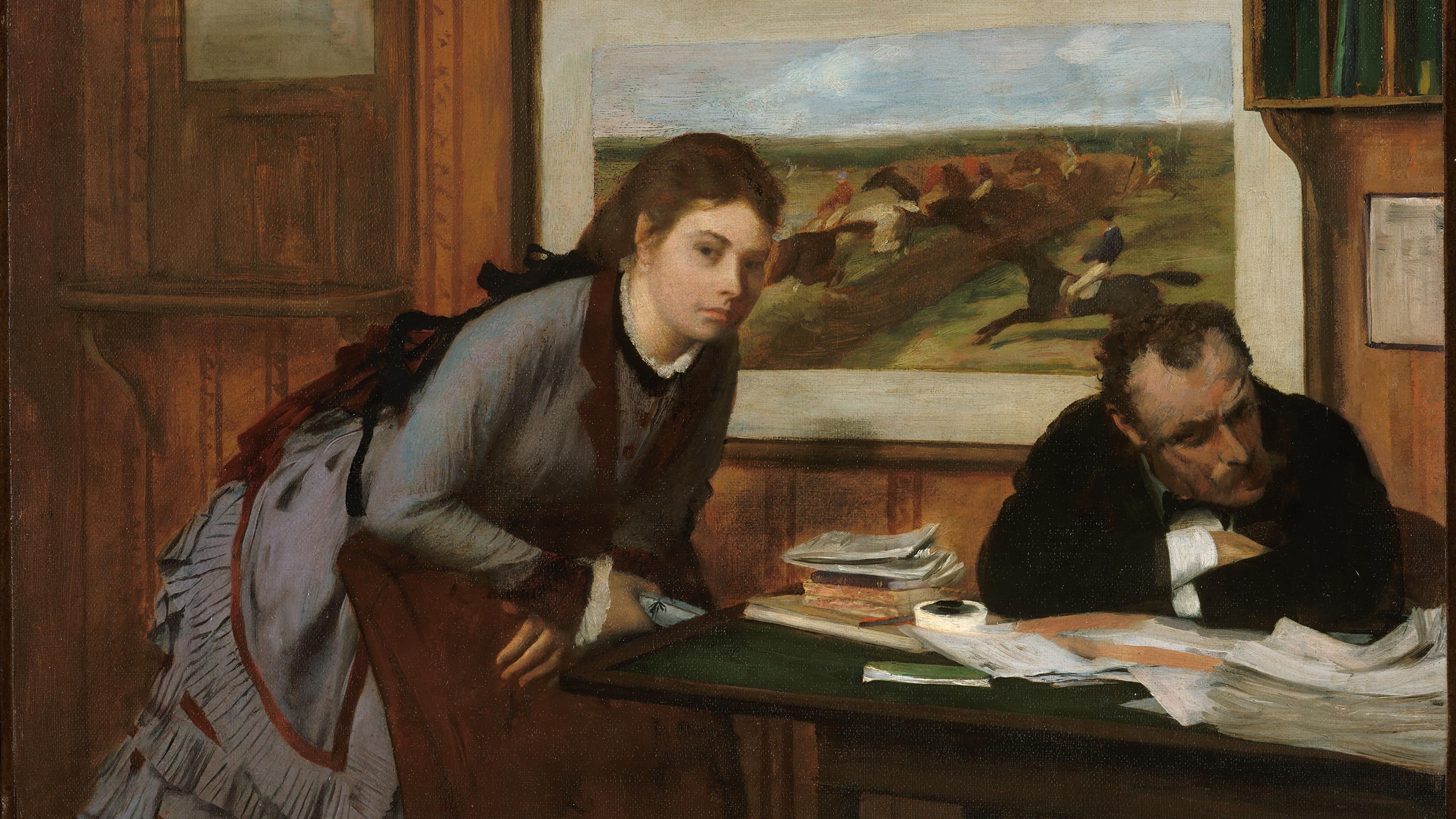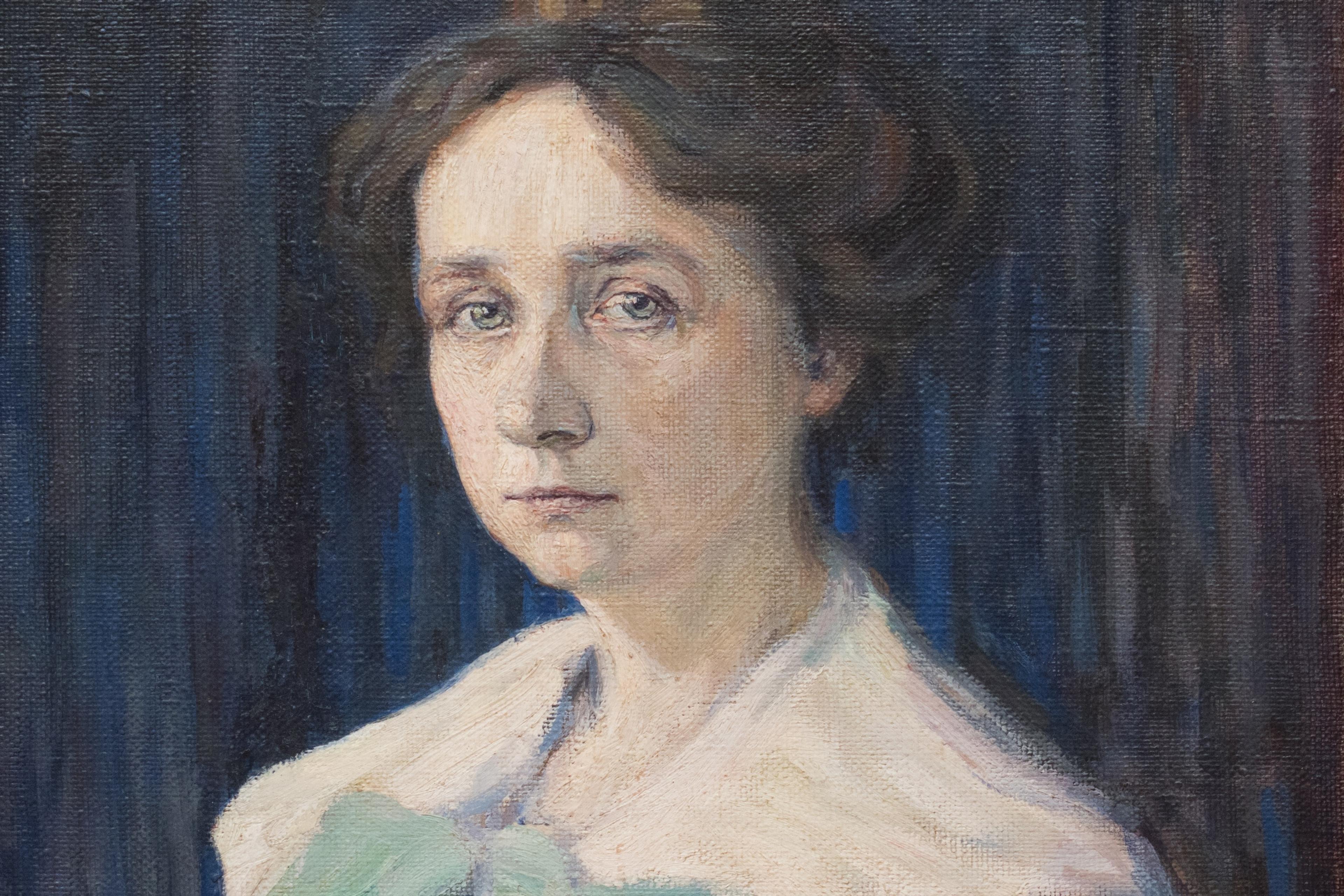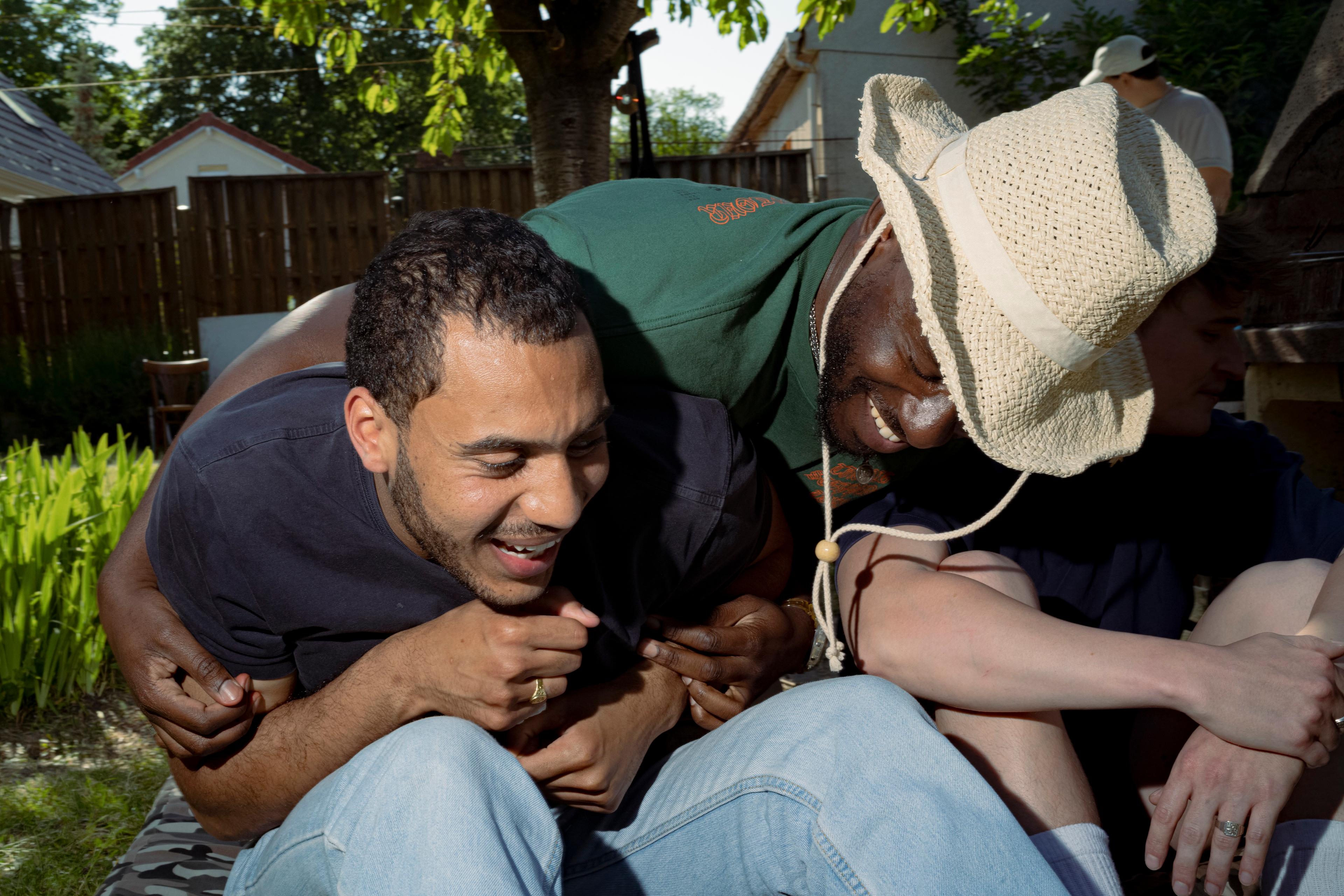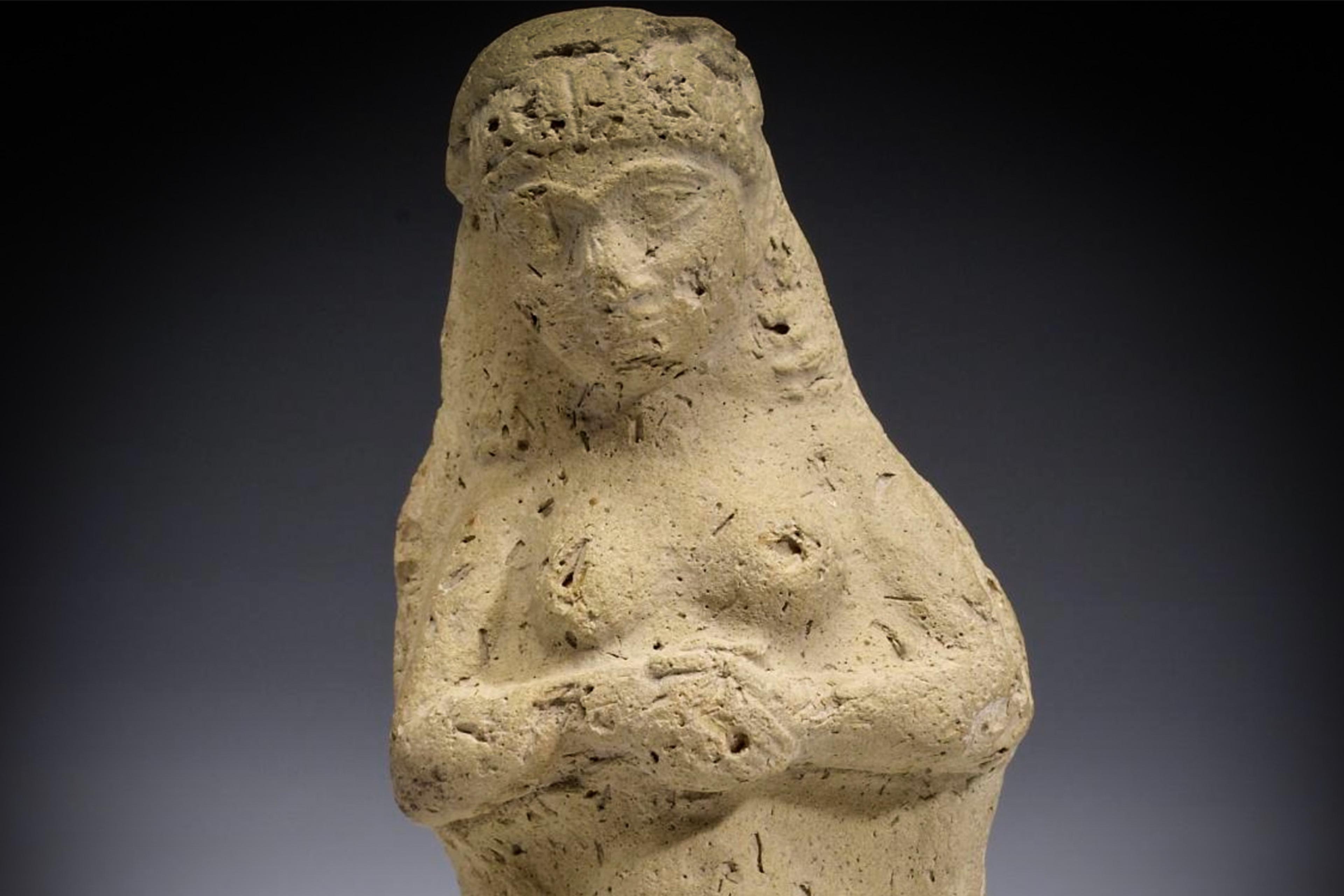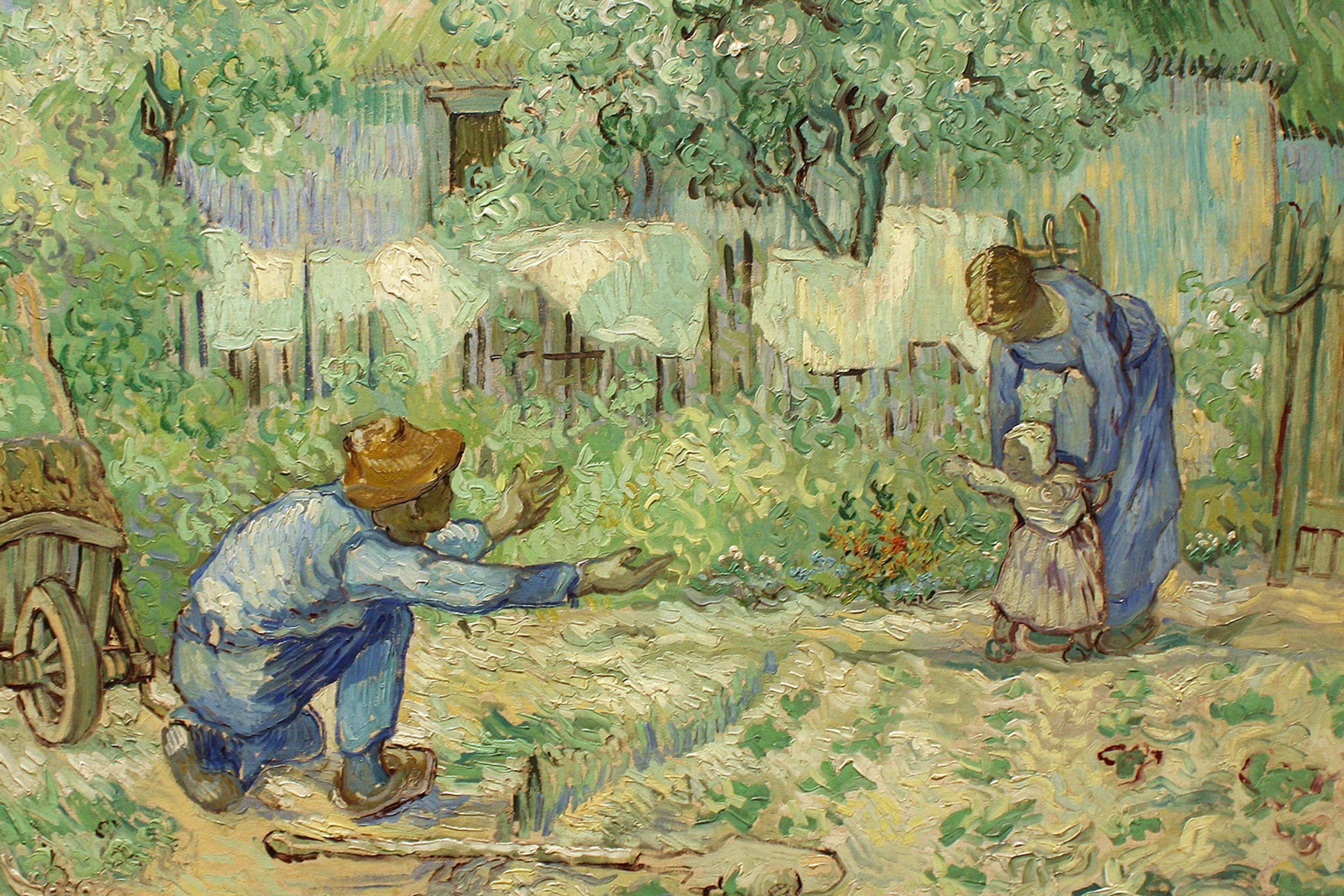In the two years before the publication of her book All About Love (1999), bell hooks went around telling friends, lecture audiences, and even people sitting next to her on planes, buses and in restaurants that she was ‘looking for true love’.
This form of love would be unlike lesser forms of love. ‘True love is a different story,’ hooks wrote in the book. ‘When it happens, individuals usually feel in touch with each other’s core identity.’
With her interpretation of what sets true love apart, hooks anticipated the findings of an intriguing new study into which emotions can and can’t be seen to be ‘true’ – currently released as a preprint online – led by Brian Earp, a senior research fellow in moral psychology at the University of Oxford. Philosophers and psychologists alike have long studied the curious instinct that some experiences, such as love and happiness, can seem ‘truer’ than others, but now Earp and his colleagues Joshua Knobe and Michael Prinzing have expanded the search to a far wider range of other emotions.
The team asked 395 US participants whether it seemed weird or natural to attach the word ‘true’ to feelings such as loneliness, sadness, obsession, grumpiness, lust, awe, calmness, euphoria, appreciation, nostalgia, despair and more. The researchers also asked them to rate the emotions as being bad or good, or whether each emotion could make a person’s life better or worse.
People felt some emotions could be truer than others, and there were some emotions for which attaching ‘true’ just sounded odd, such as ‘true grumpiness’ or ‘true stress’. Predictably, they gave some of the highest trueness ratings for love and happiness, but sadness and fear were also among the most highly rated emotions – suggesting that it’s not only good emotions to which people easily attribute trueness. In fact, there were some positive emotions, such as calmness, awe and amusement, that ranked lower on the trueness scale than sadness and fear.
.png?width=3840&quality=75&format=auto)
The experimental philosopher Joshua Knobe, a co-author on the new paper, tells me the data show there seems to be something about true emotions that makes them different – and that it could have to do with how much an emotion is connected to a person’s sense of who they ‘really’ are, their true self – just like hooks’s insight that true love is a meeting of people’s core identities.
Specifically, the results showed a connection between the emotions people think can be true, and the emotions that they thought reflected who they really are deep down. For instance, the participants were more willing to say that happiness rather than grumpiness was connected to their true selves. This makes sense – after all, we talk about happiness as a key part of who someone is, whereas an emotion such as grumpiness can be fleeting: you could be annoyed if your coffee isn’t hot enough, or the train is delayed. ‘People don’t feel in the same way that these [less true emotions] can reflect who you really are deep down,’ Knobe says.
‘It does seem to me to map onto how we think about these emotions as coming from somewhere soul-like,’ says Rebecca Schlegel, a social personality psychologist at Texas A&M University who wasn’t involved in this research.
If ‘true emotions’ somehow reflect our soul or core selves, the new findings could further our understanding about what people mean when they talk about their ‘true self’. Previous work had suggested that people regard their true self as the version of them that is morally good. According to this view, your true self is the one who calls their mother back and picks up litter; if you steal or cheat on a test then you’re acting against your true self. But if true emotions reflect who you are deep down, as the new findings suggest, this would challenge the idea that being your true self is only about being moral.
‘If you’re married, and you should stay with the person you’re married to, but there’s something drawing you to be with another person – it’s wrong but you might still feel that thing,’ Knobe says. You might call it ‘true love’, even if you might at the same time not think it’s morally correct.
According to this view, feeling a ‘true’ emotion isn’t a reflection of your moral self, but it could be an indication of what you want to do, or – more perniciously – people might use it as a form of ‘motivated reasoning’ to justify taking certain courses of action. (Knobe tells me his study didn’t address whether or not people can use trueness as an excuse for morally suspect behaviour, but previous work on the true self has worried about this.) ‘It’s not like what’s always being revealed is your wonderful values,’ says Nina Strohminger, a psychologist at the University of Pennsylvania who has studied beliefs about the ‘true self’ but wasn’t involved in this research. ‘It could also be the desire to selfishly leave your husband and move to Argentina, and hook up with your Argentine lover.’
Of course, the new results don’t tell us objectively what counts as a ‘true emotion’ or the ‘true self’. Ultimately the research only speaks to people’s intuitions about these questions. No matter how widely shared they might be (and more cross-cultural research is needed to establish this), they don’t necessarily reflect the fact that there actually is an objective true version of love, versus a non-true one.
Nonetheless, Schlegel, who calls herself a ‘true self’ agnostic, says it’s still important to understand if there are universally held intuitions about what’s true, because it could impact the way each of us thinks about our actions, how we feel and what we choose to do. The true self and experiencing true emotions might not track a set of external principles or ideals, but instead a person’s personal set of beliefs, desires and what feels meaningful to them at the time.
Could we perhaps use the word ‘true’ as a tool of introspection, to try and assess what matters most to us, and what feels the most real? Again, Knobe says he and his colleagues didn’t study that, so they can’t be prescriptive about attaching the word ‘true’ to feelings and sussing out your response. But the study does suggest this is what people say they feel about true emotions. ‘They seem to think what’s special about [these true emotions] is that they’re really revealing something about you,’ Knobe says. ‘When you feel those emotions, people think you’re learning something pretty fundamental about yourself. You’re learning about who you are.’
